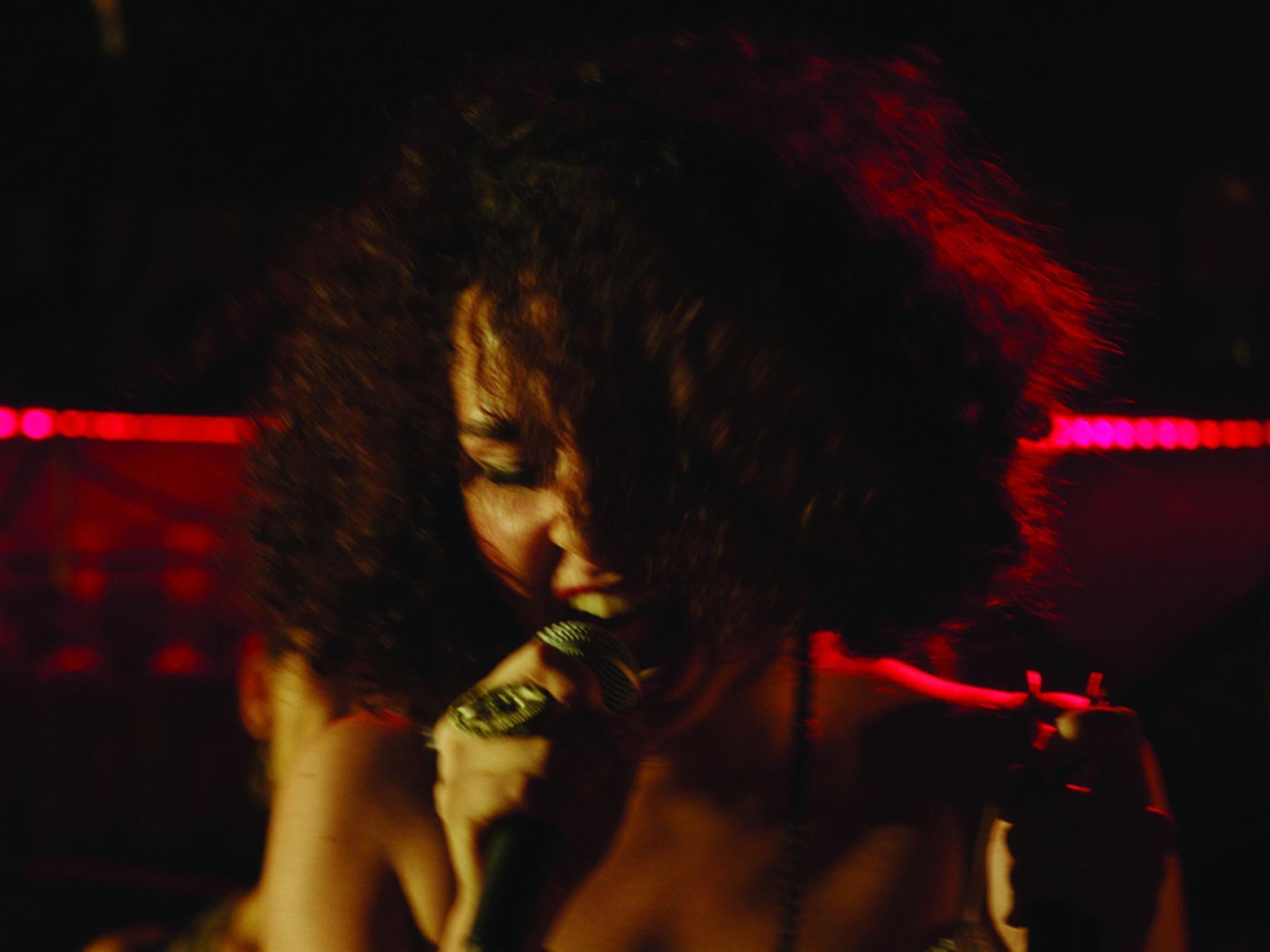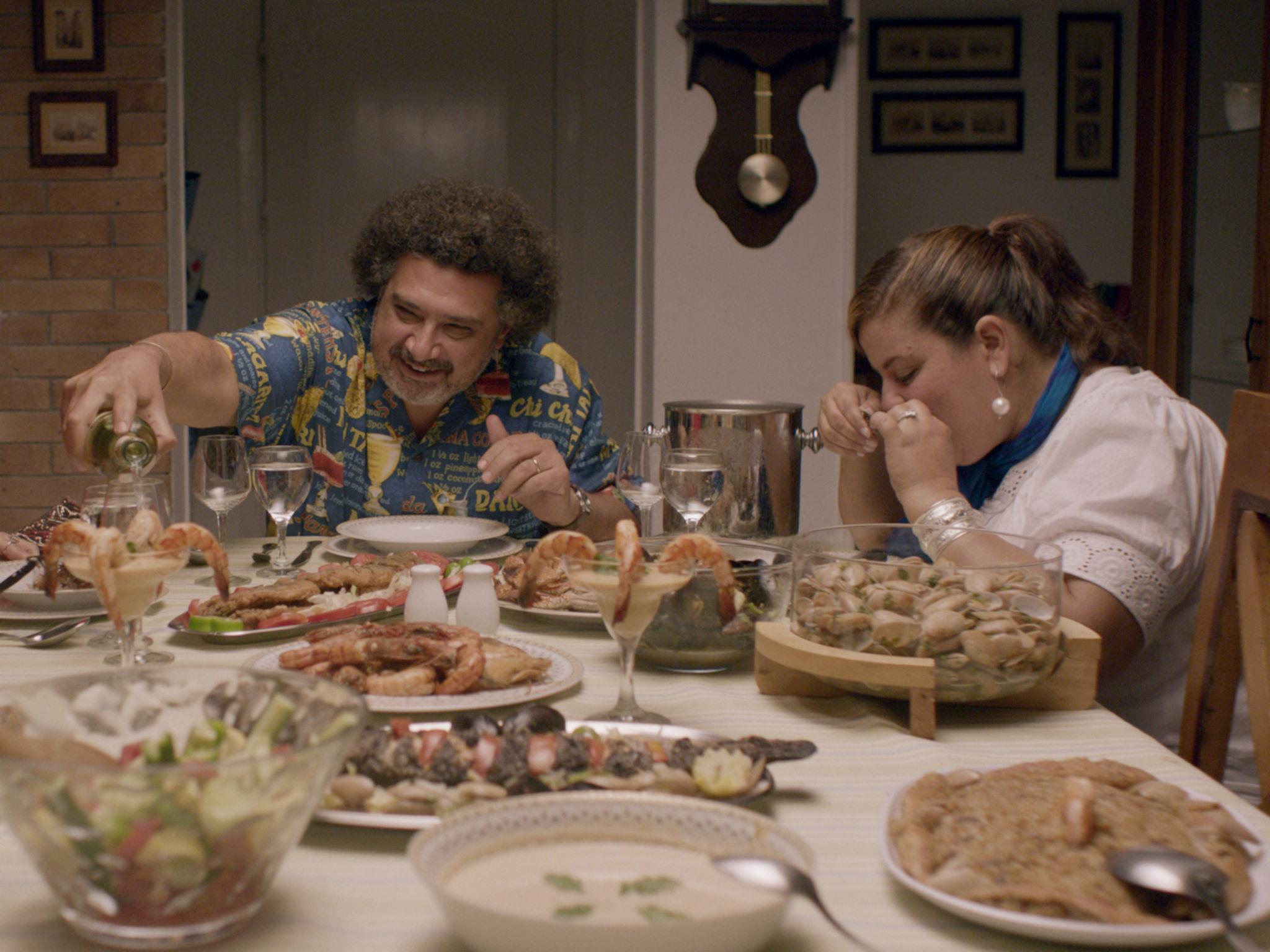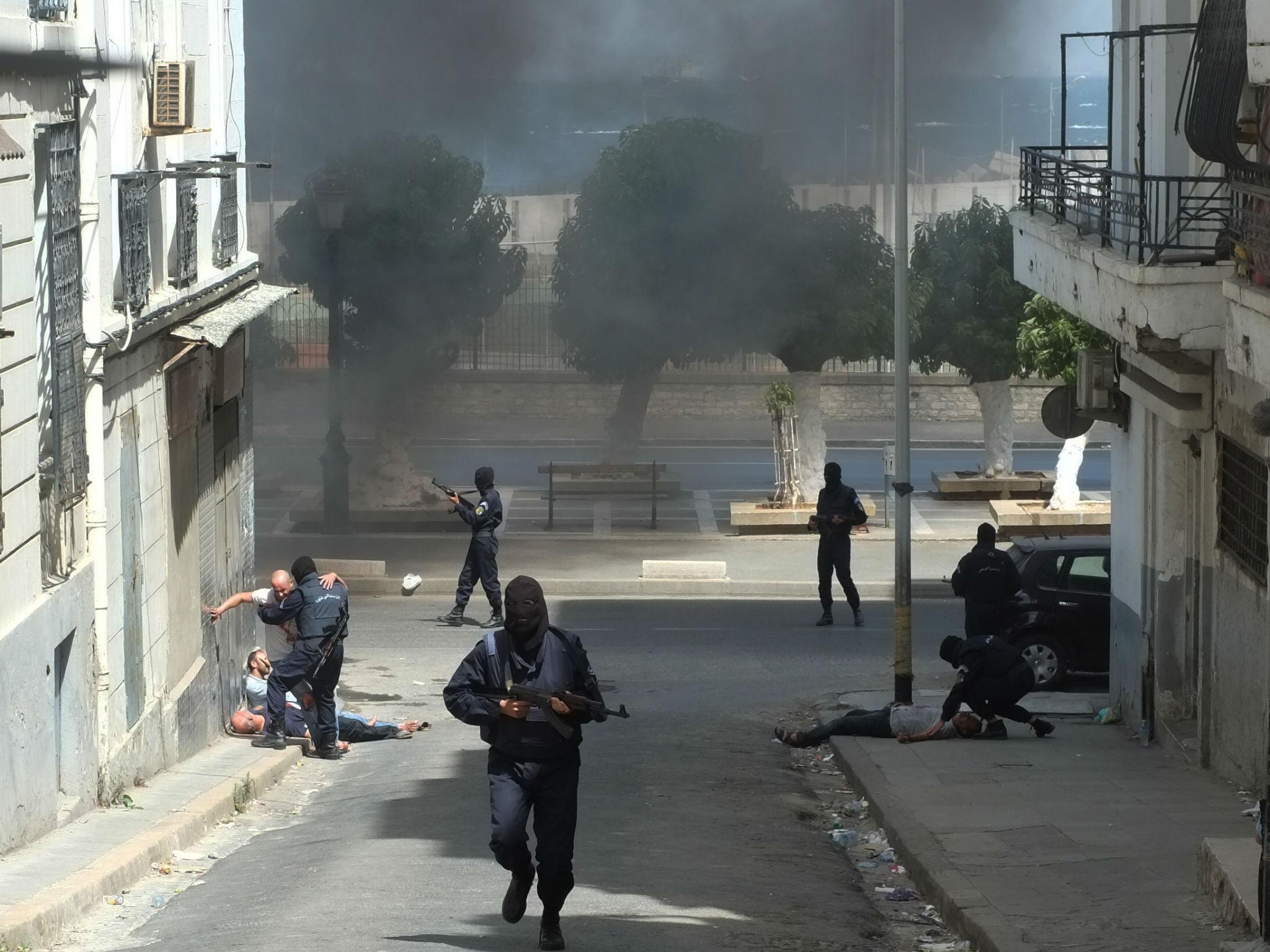How Arab cinema is making a name for itself at the world’s biggest film festivals
Arab film has become ‘more political and courageous’ since the Arab Spring

Your support helps us to tell the story
From reproductive rights to climate change to Big Tech, The Independent is on the ground when the story is developing. Whether it's investigating the financials of Elon Musk's pro-Trump PAC or producing our latest documentary, 'The A Word', which shines a light on the American women fighting for reproductive rights, we know how important it is to parse out the facts from the messaging.
At such a critical moment in US history, we need reporters on the ground. Your donation allows us to keep sending journalists to speak to both sides of the story.
The Independent is trusted by Americans across the entire political spectrum. And unlike many other quality news outlets, we choose not to lock Americans out of our reporting and analysis with paywalls. We believe quality journalism should be available to everyone, paid for by those who can afford it.
Your support makes all the difference.The biggest growth area in cinema seems to be film festivals catering for Arab film. Just over a decade ago, Arab cinema was the runt of the world. Outside of Egypt, there were barely any films made, and those made in Egypt catered for the massive domestic market.
Now films from Tunisia, the United Arab Emirates, Qatar are commonplace at the world’s biggest film festivals and with distributors hesitant to release foreign language films, an explosion of festivals has taken place, often providing the only opportunity for audiences to see some of the best award winning films of our times.
This week, the third Safar film festival takes place in London, and on the horizon is the Aan Korb BBC Arabic Film Festival. Across the globe, some of the main festivals include the Arab Film Festival taking place in America in October and in April is the Middle East Now Festival.
Earlier this year, the Directors Fortnight section of the Cannes Film Festival opened with Mohammad Diab’s Clash. Set in the aftermath of the ousting of Egyptian president Mohamed Morsi in June 2013, it will play in competition at the London Film Festival in October. The film sees protestors of all political hues arrested and thrown into the back of a police van, where most of the action takes place. The film explores the societal and political implications of the overthrow on the populace.
“The first step of every civil war is dehumanising people,” director Diab says. “The first step of solving that is humanising people. This is what the film is trying to do.”
And with Islamic fundamentalism, the Syrian refugee crisis and the fall out from wars in the Middle East continually dominating the news, audiences are turning to movies to find out more, and to hear an alternative version of events.
Those venturing out to see these new Arab films will find tales that are far from the social and political melodramas that the Arab states used to back films that were designed to impart a positive social message. Now the movies are far more radical. “I think that since the Arab Spring and maybe a year or two before there has been a shift,” says Safar Film Festival curator Rasha Salti. “The films have become more political and courageous.”

Salti says of the shift, “It’s a result of the Arab Spring and also the burden of addressing the every day by making films with a didactic message has gone. I think that’s because in part social media allows you to be didactic. If you witness sexual harassment in Cairo then everybody can film it and put it on social media immediately and that has become a medium to show it. Filmmakers no longer feel that they have to make a film about that, as being the only place for that voice to be heard.”
This is also helped by the ability to find funds to make films that are not from the government. “There is less state help for films, thank God,” says Salti. “Because that comes with strings attached.”
Another reason for the plethora of film festivals is that Arab films do not get regular distribution. The market for foreign films has collapsed around the world. This month in the UK, Pedro Almodovar’s Julieta became the first subtitled film since The Raid in 2014 to break £1m. With distributors not wanting to take a risk, films from the Arab world, as well as those from Africa and southern Europe have found themselves increasingly marginalised. The only place to see them on the big screen is at film festivals.
Those that go to see the films at SAFAR will be in for a surprise by the range of genres and the quality. As I Open My Eyes, by Leila Bouzid is a film about a Tunisian female rock singer, trying to make sense of her life, in the summer before the start of the Arab Spring. It’s a film with energy, verve and great music that recently won Best Film at the East End Film Festival.
Sélim Mourad’s This Little Father Obsession is a hybrid picture that blends fact and fiction, reminiscent of Italian realism. Salti enthused about Let them Come, a film that deals with what’s described as ‘years of terrorism’ in Algeria in the early 1990s. At the London Film Festival, there will be the world premiere of Emirati filmmaker Ali Mostafa’s dystopian sci-fi thriller The Worthy and the UK premiere of the raucous Saudi comedy Barakah Meets Barakah starring Internet sensation Hisham Fageeh.

What is also noteworthy about Arab cinema is the number of female filmmakers. At the forthcoming Arab Film Festival of America, 40 per cent of the 59 films that will be presented are made by female filmmakers. There are films from Mai Masri, Heidi Saman and Nadine Salib. On the horizon, exciting British Arab filmmaker Zeina Durra is working on her second film. One of the most anticipated films of 2017 is Marjoun and the Headscarf by the phenomenal Susan Youssef.
Yet the picture is not without dark clouds. Salti points out that as the world has moved to embraced Arabic film, the Arab world has started to be skeptical of the latest wave of filmmakers, especially those offering a critical eye on Arab dictatorships, or showing sex and prostitutes, as does Morocco’s Much Loved.
“In the Arab world there are less film festivals than 10 years ago,” recognises Salti. “This is partly because film festivals are expensive to host, but also because they also require a modicum of freedom and in some countries the state of policing expression and exhibition is worse than before the Arab Spring.”
The London Film Festival runs from 5-16 October, while the Arab Film Festival (venues in California) runs 7-16 October
Join our commenting forum
Join thought-provoking conversations, follow other Independent readers and see their replies
Comments